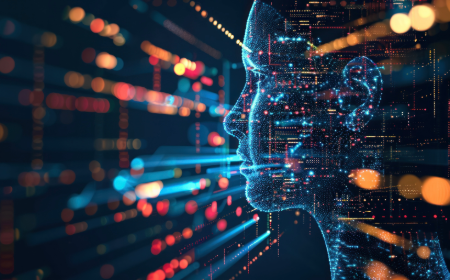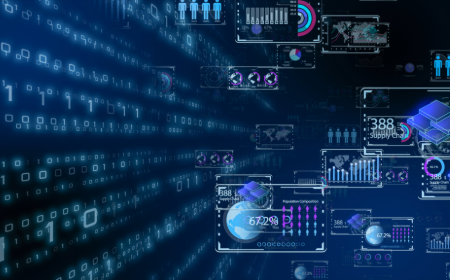How AI IoT Marketplace is Transforming the Industry
Introduction to AI IoT Marketplace
The convergence of Artificial Intelligence (AI) and the Internet of Things (IoT) has given rise to a new paradigm known as the AI IoT marketplace. This marketplace is a platform that enables the seamless integration of AI and IoT technologies, allowing businesses to leverage the power of both to drive innovation and transform their operations. By combining AI’s ability to analyze and interpret vast amounts of data with IoT’s connectivity and real-time monitoring capabilities, the AI IoT marketplace is revolutionizing industries across the globe.
Impact of AI IoT Marketplace on Industry
The impact of the AI IoT marketplace on industries is profound and far-reaching. One of the key benefits is the ability to collect and analyze data from IoT devices in real-time, enabling businesses to make data-driven decisions and optimize their operations. For example, in the manufacturing sector, AI algorithms can analyze data from IoT sensors on production lines to identify patterns and anomalies, leading to improved efficiency and reduced downtime.
Furthermore, the AI IoT marketplace is enabling the development of smart cities, where interconnected devices and AI algorithms work together to enhance the quality of life for citizens. For instance, AI-powered traffic management systems can analyze data from IoT sensors embedded in roads and vehicles to optimize traffic flow and reduce congestion. Similarly, AI algorithms can analyze data from IoT devices in buildings to optimize energy consumption and reduce carbon emissions.
Key Players and Trends in AI IoT Marketplace
Several key players are driving the growth of the AI IoT marketplace. Tech giants like Google, Microsoft, and IBM are investing heavily in AI and IoT technologies, developing platforms and tools that enable businesses to harness the power of these technologies. Additionally, startups like C3.ai and Uptake are emerging as key players in the AI IoT marketplace, offering specialized solutions for specific industries such as energy and healthcare.
One of the key trends in the AI IoT marketplace is the rise of edge computing. Edge computing involves processing data at the edge of the network, closer to the source of data generation, rather than sending it to a centralized cloud server. This trend is driven by the need for real-time processing and reduced latency in applications such as autonomous vehicles and industrial automation. By processing data at the edge, businesses can achieve faster response times and reduce their reliance on cloud infrastructure.
Another trend in the AI IoT marketplace is the increasing focus on data privacy and security. As more devices become interconnected, the volume of data being generated and transmitted increases exponentially. This poses significant challenges in terms of data privacy and security. Companies are investing in AI-powered solutions that can detect and mitigate security threats in real-time, ensuring the integrity and confidentiality of data in the AI IoT ecosystem.
Future Prospects and Challenges of AI IoT Marketplace
The future prospects of the AI IoT marketplace are promising. According to a report by MarketsandMarkets, the global AI IoT market is projected to reach $16.2 billion by 2025, growing at a compound annual growth rate of 26.9%. This growth is driven by the increasing adoption of AI and IoT technologies across industries, as businesses recognize the potential for improved efficiency, cost savings, and innovation.
However, the AI IoT marketplace also faces several challenges. One of the key challenges is the interoperability of devices and platforms. With a multitude of devices and platforms in the market, ensuring seamless integration and communication between them is crucial. Standardization efforts are underway to address this challenge, but it remains a complex task.
Another challenge is the ethical implications of AI and IoT technologies. As AI algorithms become more sophisticated and autonomous, questions arise regarding their decision-making processes and potential biases. Additionally, the collection and use of personal data in the AI IoT ecosystem raise concerns about privacy and consent. Addressing these ethical challenges is essential to ensure the responsible and ethical deployment of AI IoT technologies.
In conclusion, the AI IoT marketplace is transforming industries by enabling the integration of AI and IoT technologies. The impact is evident in improved operational efficiency, the development of smart cities, and the optimization of various processes. Key players and trends in the marketplace are driving its growth, with edge computing and data privacy/security being prominent. While the future prospects are promising, challenges such as interoperability and ethical implications need to be addressed for the AI IoT marketplace to reach its full potential.




